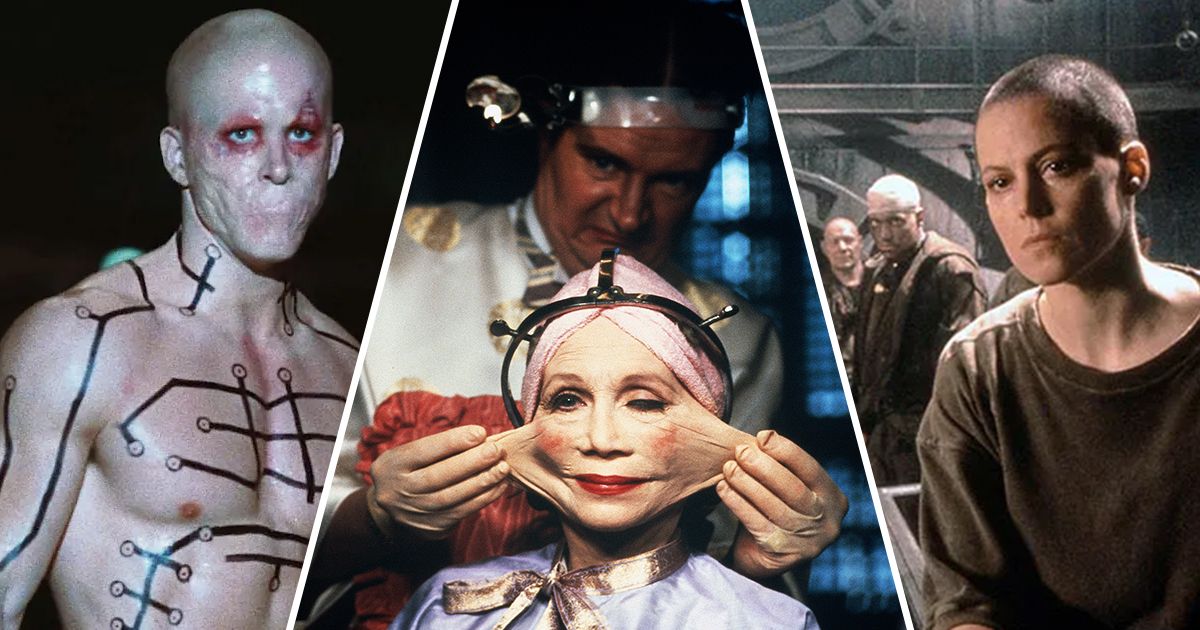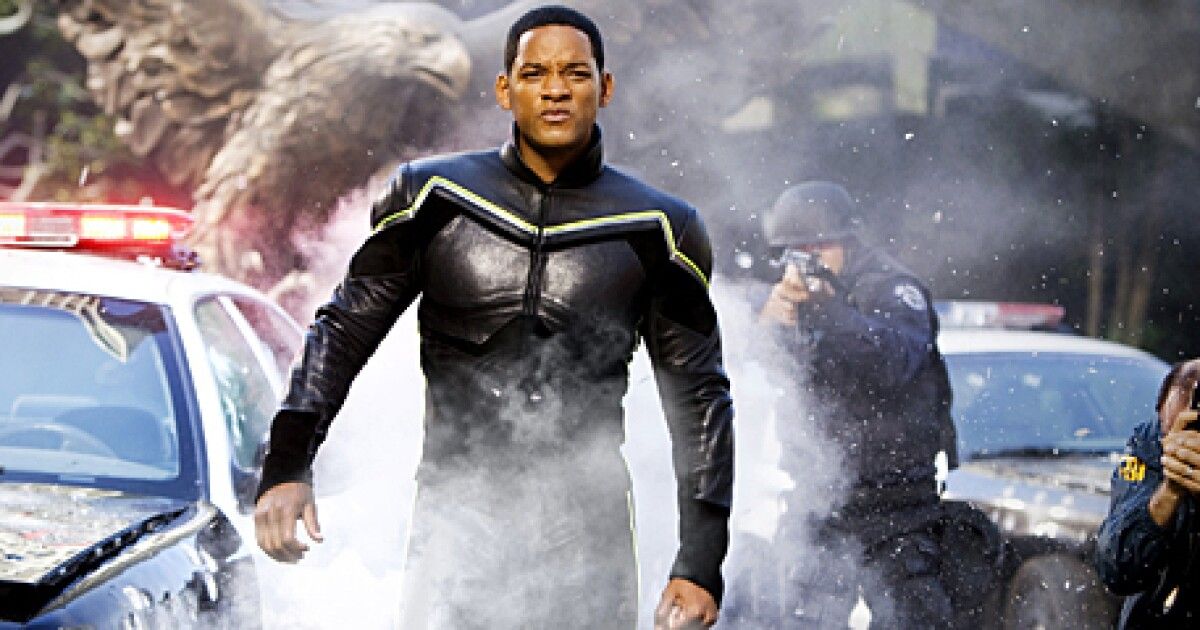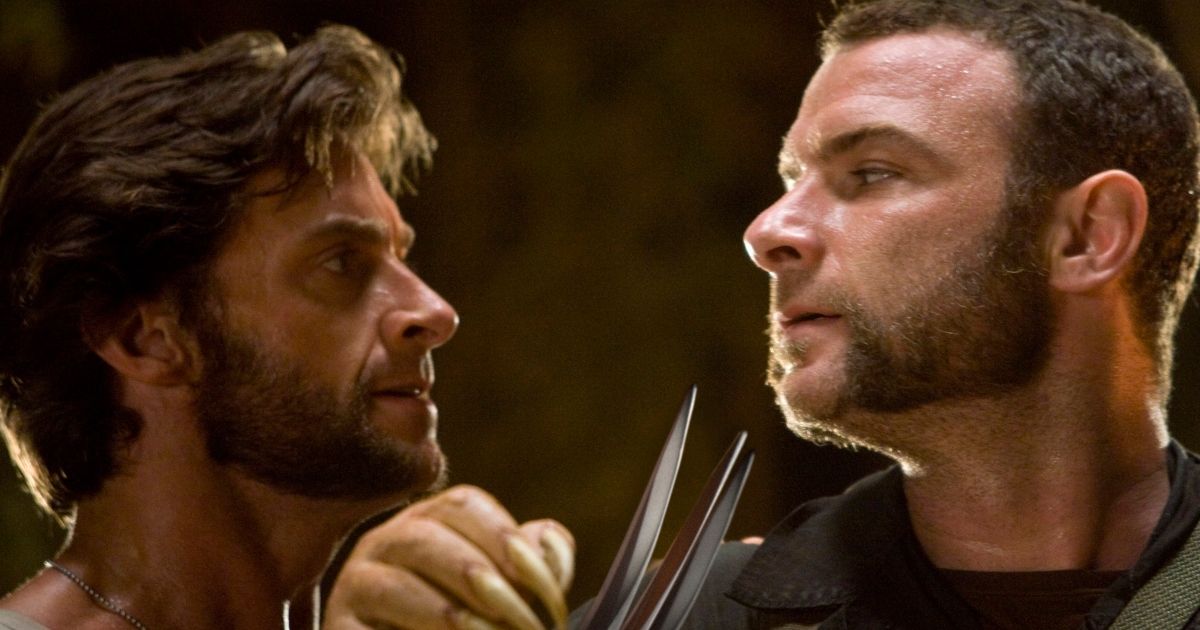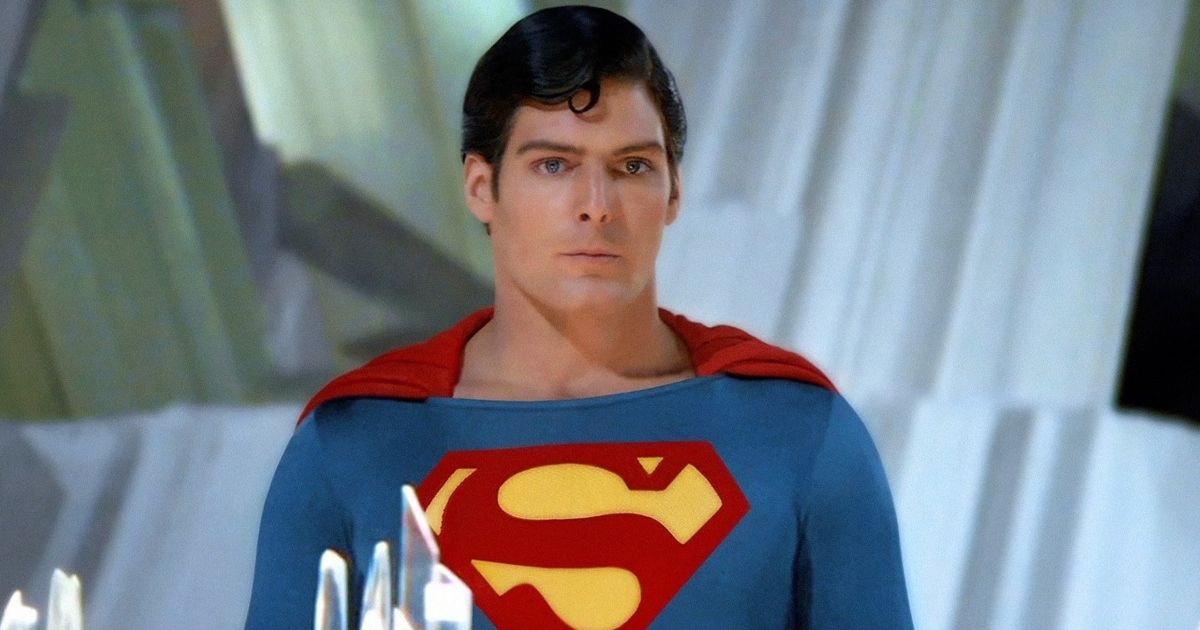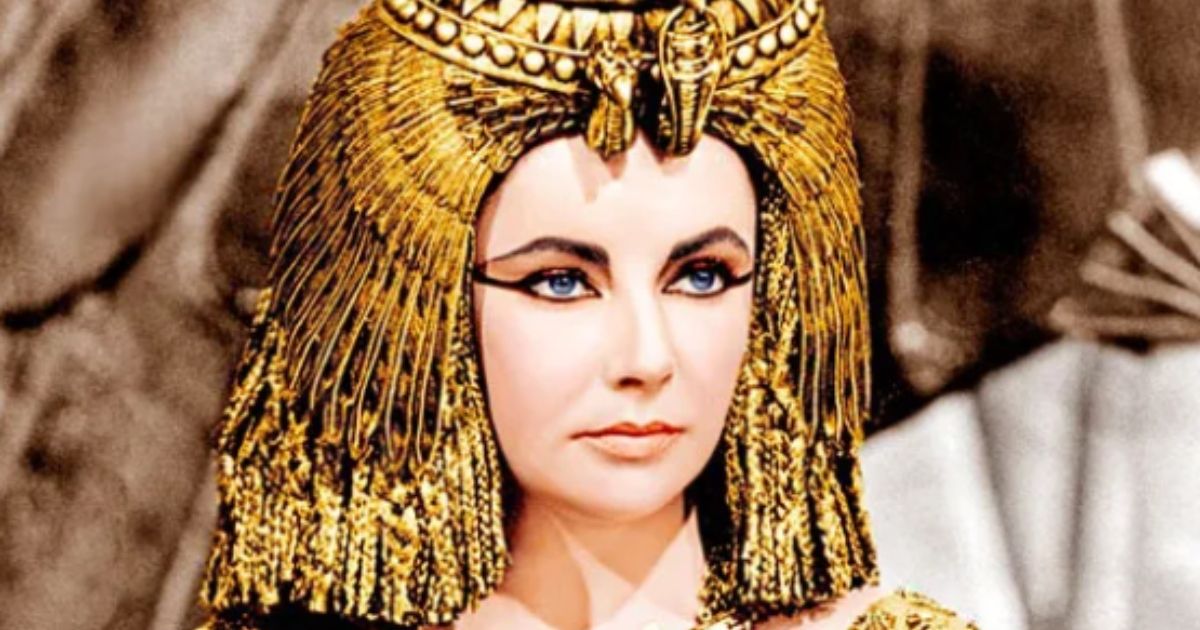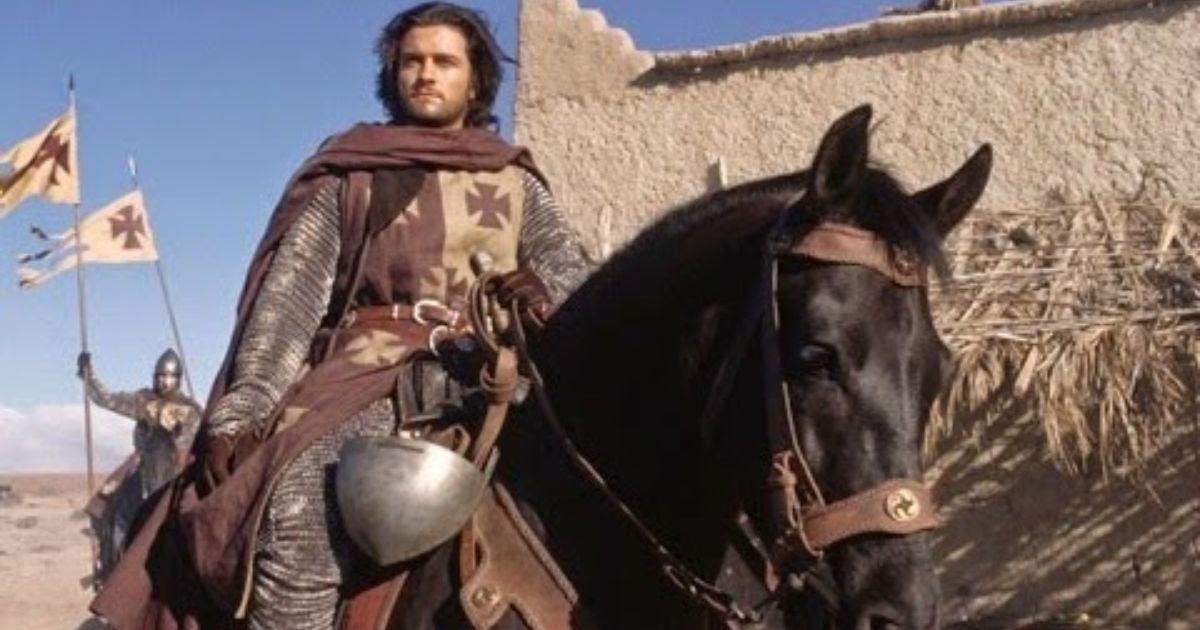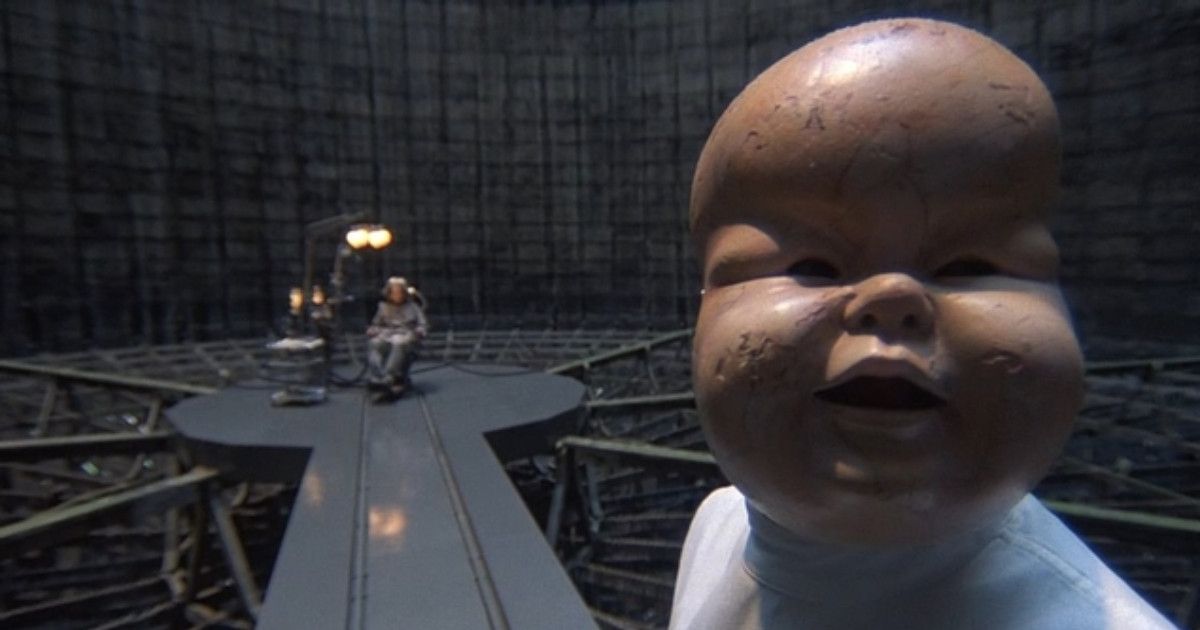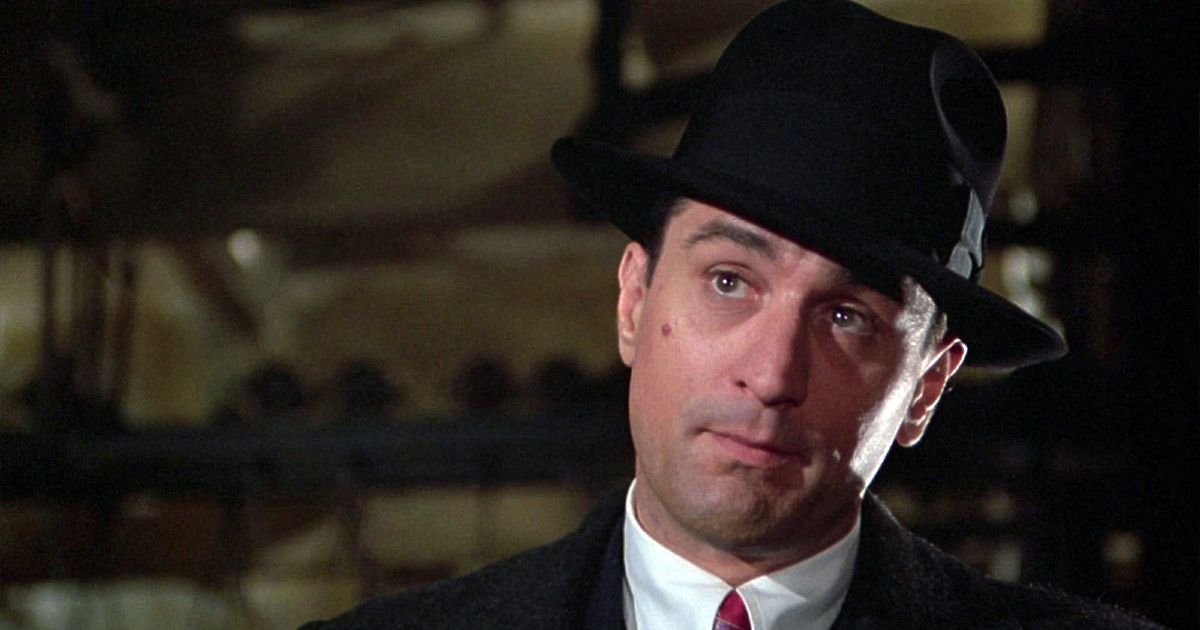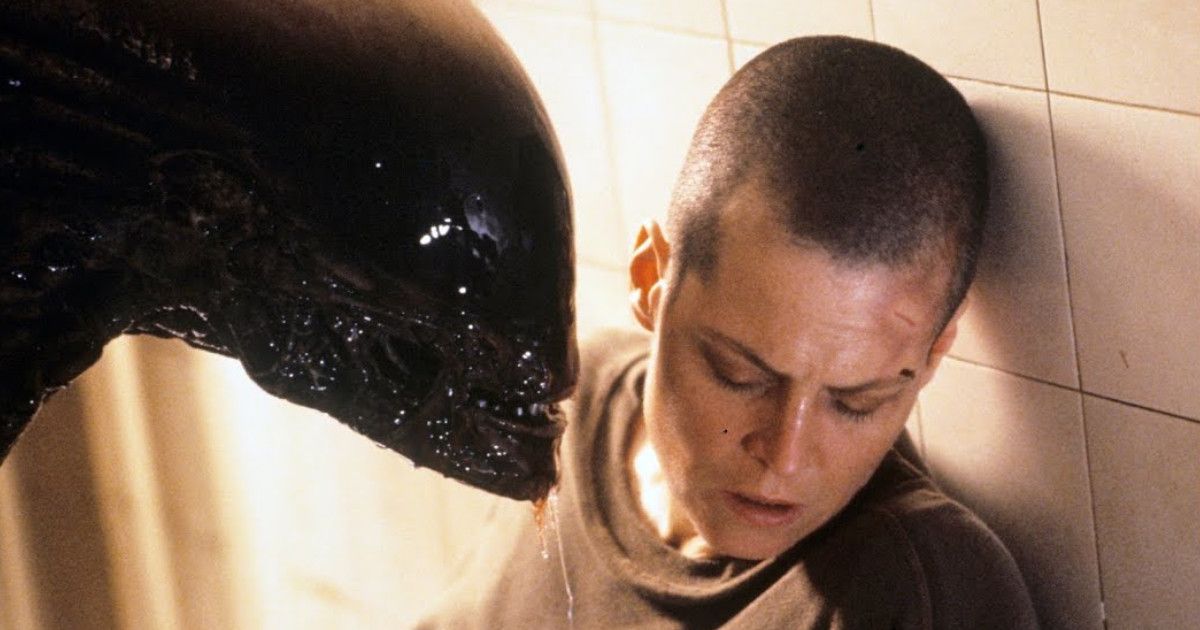Sometimes, the conversations between studios and movie directors are complicated, as they’re looking for different things in the movie they’re doing together. There are times when the collaboration makes for a better product, but other times, studios ruin the director’s vision. Here are 10 movies that were ruined by studio interference.
Hancock (2008)
Hancock was supposed to be a dark look at superheroes, much closer to The Boys, than the fun action-comedy it ended up being. Although the film was a success because of Will Smith and Charlize Theron’s charisma, the original version would’ve been a much more interesting take on what it meant to have superpowers, alcoholism, rage, and violence. The PG-13 film was a success, but we'll always wonder what would’ve happened with the original script, as R-rated superhero films have proven that audiences were ready for them.
X-Men Origins: Wolverine (2009)
X-Men Origins: Wolverine is a maligned film for many reasons, including the special effects, and an ending where Deadpool (known as “the merc with a mouth”) has his mouth sewn shut and blades for arms. These were some of the many decisions made by the 20th Century Fox Studio (sadly, not the last time the studio appears in this list), as they wanted a lighter film than the one director Gavin Hood wanted to make, and would’ve touched on themes like PTSD, and Wolverine's past in the Army. The producers even painted the sets with lighter colors when the director wasn’t on set; that was the level of interference the film had, making for one of the worst superhero movies ever made.
Superman II (1980)
Director Richard Donner had directed Superman and was 75% done with Superman II when he was fired because of a bad relationship with producers Pierre Spengler, Alexander Salking, and Ilya Salkind. To end the film, the producers hired Richard Lester (known for shooting The Beatles films), and the tone of the second movie changed dramatically, making it much more comedic, so much so, that the director’s cut is one of the most different films ever made. Donner’s cut was released in 2006, showing how different things would’ve been if he had been able to end his version of the movie.
Cleopatra (1963)
In 1963, 20th Century Fox wanted to tell the epic story of Cleopatra, at least at first. What was going to be a six-hour epic, became a three-hour story (losing many plot points and character development), and what was a $2 million budget ended up ballooning to $31 million, after many bad decisions. The studio fired many directors and crew members, had to rebuild the massive sets after moving from London to Rome, and had to deal with the press talking about the affair between Elizabeth Taylor and Richard Burton.
Even after all those problems, the movie was 1963’s highest-grossing film, and it’s still one of the best movies about Cleopatra. Imagine what would’ve happened without the studio’s interference.
Kingdom of Heaven (2004)
Kingdom of Heaven proves that when you have Ridley Scott make a movie for your studio, you let him do his version. This film about The Crusades had a cast that included Orlando Bloom, Edward Norton, Eva Green, Liam Neeson, and Jeremy Irons. It was a bomb because 20th Century Fox cut almost 45 minutes from Scott’s version, hoping to get more people to the cinema.
The result was a middling film, that didn’t work for critics or audiences, and for some, it was the first symptom that the director was getting old. That was until he was able to release his director's cut, showing how his original version of the film was much more than sword battles and a boring, by-the-numbers, love story.
Brazil (1986)
Brazil is one of the best sci-fi movies ever made, but it wouldn’t be like that if Universal producer Sid Sheinberg had his way. The movie has a bleak ending, and Sheinberg went behind director Terry Gilliam’s back and re-edited the movie with a happier ending, changing the tone, and with a rock-and-roll score, so that the masses would like it better. While all this was happening, Gilliam decided to screen his version of the movie for Los Angeles critics, and they loved it, saying how unique it was. Even then, the studio still cut 10 minutes of footage, making the film a bit worse than it should’ve been.
All the Pretty Horses (2000)
All the Pretty Horses was a Miramax film at the height of Harvey Weinstein’s powers, when he was known as "Harvey Scissorhands", as he edited and changed many of the movies himself. That’s what happened with this film. The director, Billy Bob Thornton, wanted to be as faithful as possible to the Cormac McCarthy novel, and that’s why his version was over three hours, but Weinstein wanted a hit and edited the film to make a two-hour movie that lost some of the character development, changing the score to more award-worthy violins, to underscore how epic the film was. To this day, everyone involved is still sour about how that ended.
About the problems with the film, Matt Damon told Playboy: “We made this very dark, spare movie, but the studio wanted an epic with big emotions and violins. They saw the cast, the director, Billy Bob Thornton, and the fact that we spent $50 million, and they never released our movie—though the cut still exists. Billy had a heart problem at that time, and it was because his heart f*cking broke from fighting for that film. It really f*cked him up. It still bothers me to this day.”
Once Upon a Time in America (1984)
Once Upon a Time in America was Sergio Leone’s passion project, and his four-hour cut might be his best movie ever. Unfortunately, the studio made their own cut, one that was two hours long and lost many, many, many important scenes. Leone turned down the chance to direct The Godfather, to tell the story of these two friends and mobsters, who had great character development as neither heroes nor villains, and one of the best Ennio Morricone’s scores ever (and that’s saying something).
Warner Bros.’ version showed the movie in chronological order, and took many of the scenes that made you understand the characters’ decisions much better, destroying the film in the process. Luckily, in 2012, the Leone version was shown at Cannes, and is now the version most people see of the film, restoring the director’s vision, and showing why he wanted to tell this dramatic, ambiguous story.
Alien 3 (1992)
Alien 3 was a disaster even before David Fincher started shooting it. The producers knew what they wanted and fired many directors before deciding to hire Fincher, as he had never done a film and would be easy to control. That wasn’t the case at all, and Fincher fought with Fox during the whole production, as the film was re-written while being shot, had sets built before the script was ready, and they imposed that Ripley (Sigourney Weaver) came back.
Fincher had to answer to producers 24/7, shot scenes he believed were necessary that producers didn’t want, and killed Ripley (with Weaver’s approval). If that wasn’t enough, the producers held screenings with the objective of the movie getting bad scoring, and locked the director out of the editing bay. About his experience in the film, Fincher told The Guardian: “I had to work on it for two years, got fired off it three times and I had to fight for every single thing. No one hated it more than me; to this day, no one hates it more than me.”
Blade Runner (1982)
Blade Runner is now a cult classic, thanks in large part to a great Final Cut version that shows Ridley Scott’s vision of the film, but it wasn’t always like that. The movie had a complicated shooting already (there’s a documentary called Dangerous Days about it), but after some bad focus group results, Warner Bros. took the movie from Scott’s hands and changed the ending. What was a bleak ending, leaving open the question of whether Deckard (Harrison Ford) was a replicant, became a happy ending where he and Rachel (Sean Young) left the city and moved to the countryside, including a voiceover that explained everything.
Harrison Ford’s voiceover narration is his worst work ever, as he hoped that if he did it badly, the studio wouldn’t use it. Unfortunately, he was wrong. There have been seven different versions of the movie released, but the one Scott always envisioned, his Final Cut version, is the best, as it offers much more ambiguity, and follows the tone of the rest of his film much more closely.

